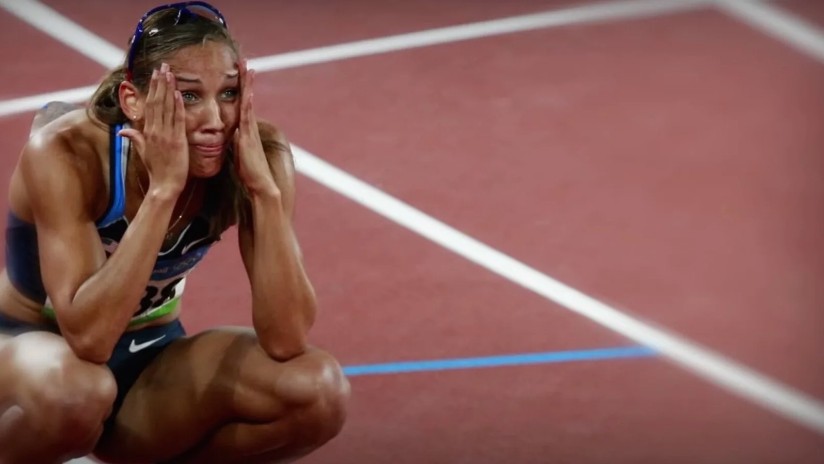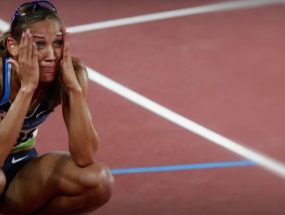Issues with Judging at the Olympics: Widespread Dissatisfaction Among Athletes and Fans
2,172 views, 25.10.2024
The Olympic Games, often seen as the pinnacle of global sportsmanship and fairness, have recently been marred by widespread dissatisfaction regarding judging standards. Athletes, coaches, and fans alike have voiced concerns, claiming that biased or inconsistent judging has negatively impacted the integrity of the competitions. These complaints span a range of sports, including gymnastics, figure skating, boxing, and more, raising significant questions about the future of Olympic adjudication. In this article, we will explore the root causes of the controversies, analyze specific instances where disputes arose, and discuss the potential reforms that could restore trust in Olympic judging.
The Causes of Discontent
Judging at the Olympics has always been a challenging task, given the subjective nature of scoring in certain sports. However, recent Games have seen a surge in dissatisfaction. One of the main reasons behind this is the increasing complexity of scoring systems in sports like gymnastics, diving, and figure skating. These sports rely on judges to evaluate technical difficulty, execution, and artistry, leading to situations where opinions can vary widely.
Subjectivity in Judging
Subjectivity is a significant factor in many Olympic events, especially in sports where scores are not solely based on measurable outcomes like time or distance. Gymnastics and figure skating, in particular, have been criticized for opaque scoring systems that allow room for personal biases or nationalistic favoritism. For example, athletes from countries with less political or financial influence in international sports organizations sometimes feel they are disadvantaged compared to athletes from powerhouse nations.
This subjectivity becomes even more apparent when split-second decisions or technicalities come into play. A routine in gymnastics or a jump in figure skating might look flawless to the untrained eye, but even minor deductions made by judges can result in substantial changes to final scores.
Technological Advancements and Scrutiny
As technology improves, so too does the scrutiny of Olympic judging. In the era of high-definition video and real-time social media commentary, mistakes or inconsistencies are quickly highlighted and amplified. Slow-motion replays and data analytics allow fans and experts alike to dissect every movement, raising the question of whether human judges can keep up with the level of precision required.
Additionally, the use of instant replay and video reviews in some sports, but not others, has further contributed to frustration. While fans of events like tennis and basketball are accustomed to seeing referees consult video footage to correct mistakes, this is not yet a universal practice across all Olympic events. The lack of consistency in utilizing these technologies has prompted many to call for reforms.
High-Profile Controversies
Several high-profile controversies have amplified the outcry over judging at recent Olympics. One notorious example occurred during the 2020 Tokyo Olympics in the boxing ring, where several boxers openly protested decisions they felt were unjust. In one instance, Mourad Aliev of France was disqualified in his bout against Frazer Clarke of Great Britain, sparking outrage and protests from both athletes and fans. Aliev accused the judges of bias, a sentiment echoed by many in the boxing community.
In figure skating, the 2018 Winter Olympics in Pyeongchang also saw significant controversy when Russian skater Evgenia Medvedeva was narrowly beaten by her compatriot Alina Zagitova for the gold medal. Medvedeva’s fans and many skating experts believed she had been unfairly scored, sparking debates about the transparency and fairness of the judging system in figure skating.
Impact on Athletes and the Games
The consequences of perceived judging bias go beyond mere disappointment for athletes; it can have a profound impact on their careers and mental health. For many athletes, an Olympic medal represents the pinnacle of their careers, and to have that dream dashed due to what they perceive as unfair judging is devastating.
In some cases, athletes have chosen to retire early, feeling that their efforts to succeed are futile in the face of biased systems. Others have spoken openly about the toll these experiences take on their mental health, leading to increased calls for psychological support systems for athletes competing at the highest levels.
Moreover, these controversies damage the reputation of the Olympic Games themselves. The Olympics are supposed to symbolize unity, fairness, and the spirit of competition. When fans and athletes lose trust in the fairness of judging, it undermines the very values the Games are meant to uphold. This growing disillusionment could lead to declining viewership and participation in future Olympic events.
Potential Reforms for Olympic Judging
In light of these growing concerns, many experts and athletes are calling for changes to the Olympic judging system. Several proposals have been put forward to improve transparency, consistency, and fairness in scoring.
Implementation of Video Technology
One potential reform is the wider implementation of video technology across all sports, not just those traditionally associated with referees, like soccer or basketball. Video reviews could be used to challenge contentious decisions, allowing for a more accurate and fair assessment of performances. This would also provide transparency to fans and athletes, reducing speculation about biased judging.
Standardization of Scoring Systems
Another reform proposal is the standardization of scoring systems, especially in sports where subjectivity plays a significant role. Clear, concise, and consistent criteria for scoring could help reduce personal biases among judges. Furthermore, providing detailed explanations for scores awarded, similar to the system used in gymnastics, could help athletes and viewers understand why certain deductions or bonuses were applied.
Rotation of Judges
To further address concerns about national favoritism, the International Olympic Committee (IOC) could consider rotating judges between competitions more frequently, ensuring that no judge oversees athletes from their own country or region. This would help mitigate the perception of bias and foster greater trust in the judging system.
Improved Training and Accountability
Ensuring that Olympic judges undergo rigorous and standardized training is essential for improving the quality of judging. Additionally, implementing a system where judges are held accountable for repeated errors or questionable decisions could help improve the overall integrity of the judging process.
Conclusion
Judging at the Olympics remains a complex and challenging aspect of the Games, but the recent surge in dissatisfaction from athletes, coaches, and fans shows that reforms are necessary. The Olympic Games’ global reputation for fairness and sportsmanship is at risk, and it is up to international sports organizations, including the IOC, to restore confidence in the integrity of their competitions. By embracing technology, standardizing scoring systems, and improving the accountability of judges, the Olympics can ensure that the true spirit of competition prevails, and that the best athletes are rewarded for their efforts.





